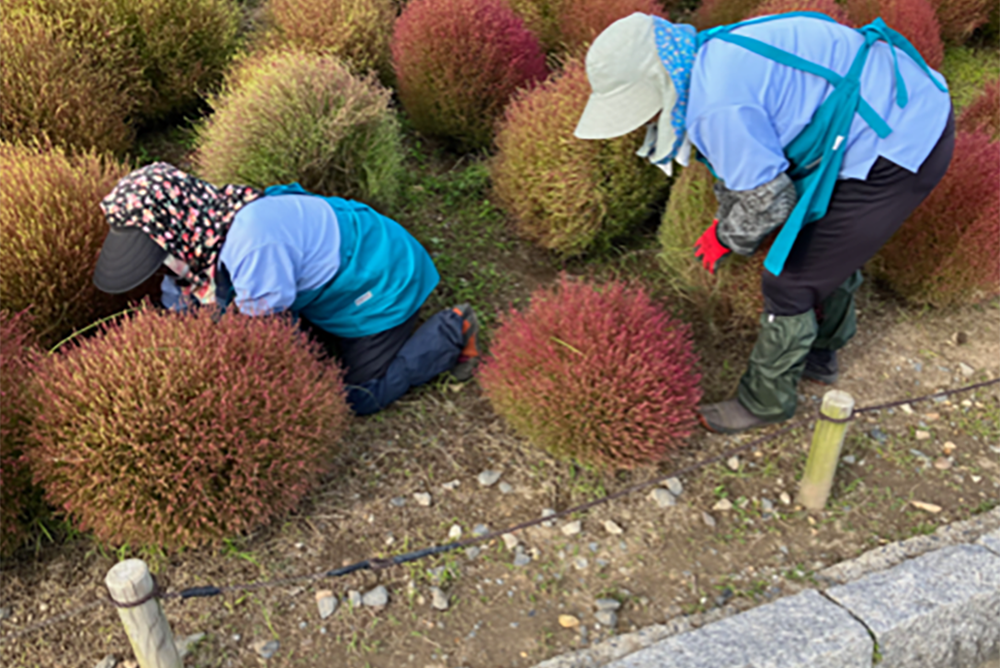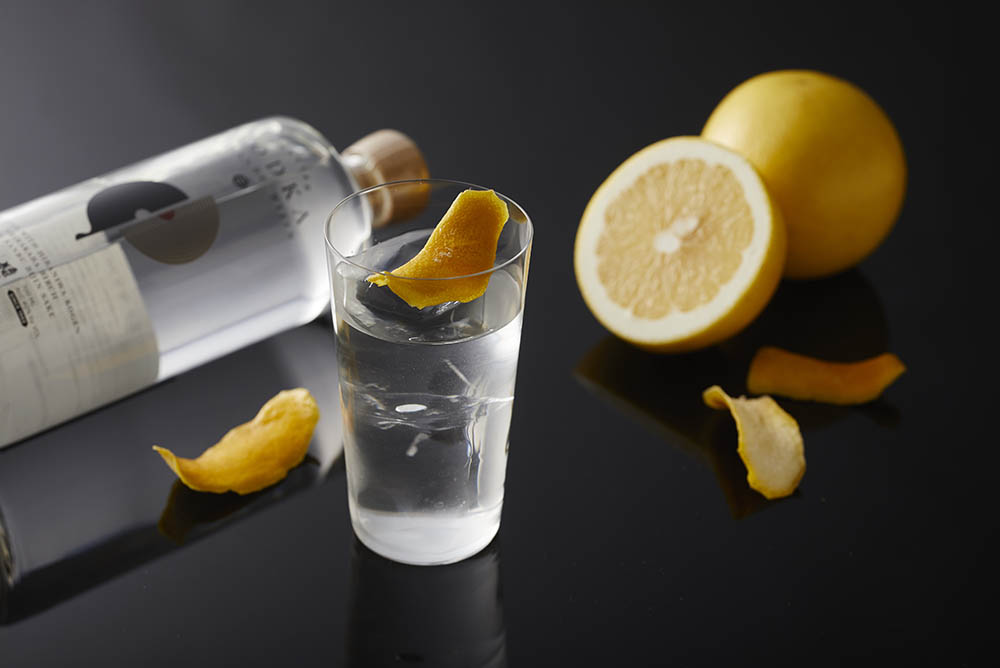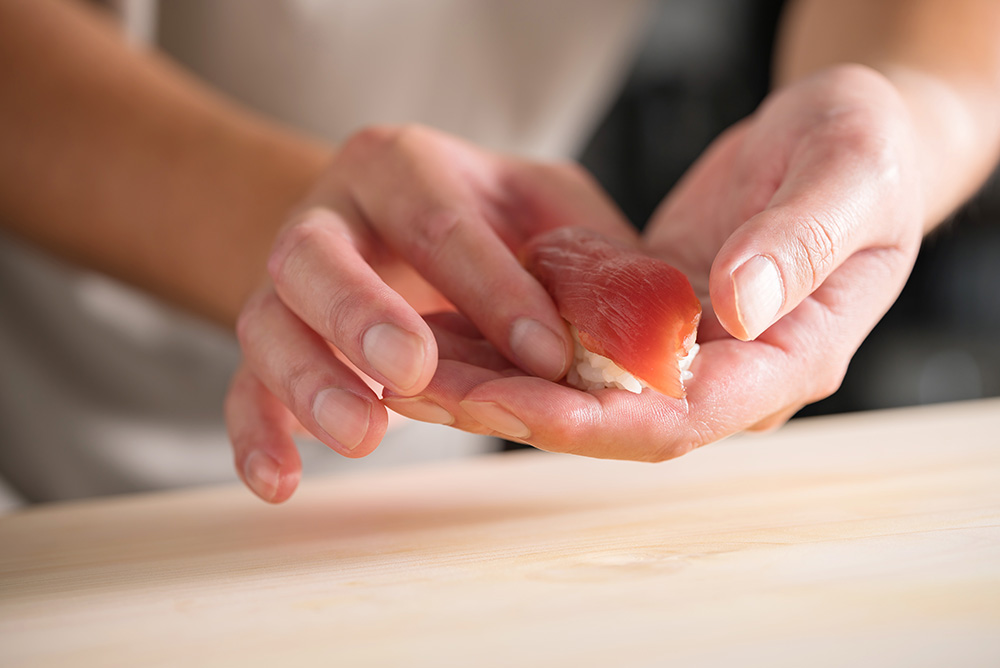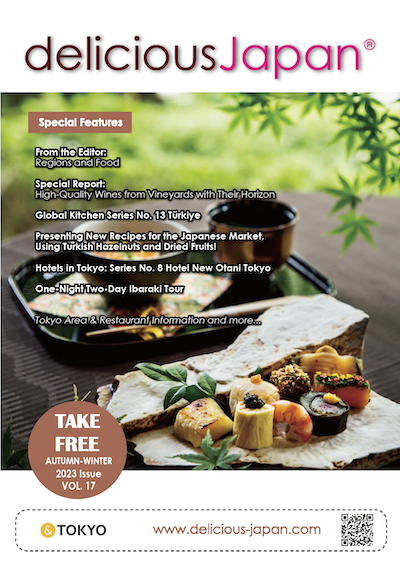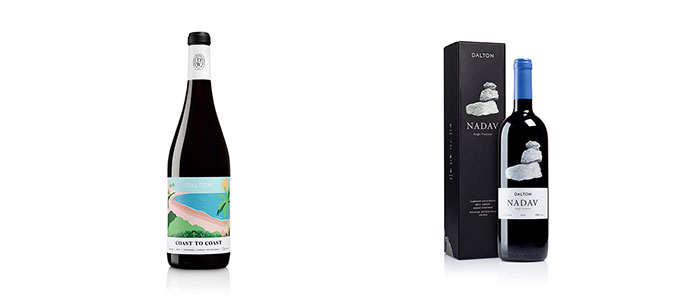
Wine from Israel
Japan's wine consumption has increased about 1.5-fold over 10 years. European wines, from France, Italy, Spain, and elsewhere, have a 60% share, while around 30% come from Chile. Israeli wine has been in the spotlight in recent years. We asked Mr. Tal Sunderland-Cohen about Israeli wine.

Tal Sunderland-Cohen
The Wine Ambassador
Member of CWW - The Circle of Wine Writers
My name is Tal Sunderland-Cohen. I am acting as the “Wine Ambassador”, and I’m working as a consultant, educator and writer. I’m a proud member of “Circle of Wine Writers”. For many years I was a wine journalist for Israel’s financial newspaper “Globes” and Wine & Gourmet magazine. I also penned the book “Wine Trails of Israel” and hosted the Hebrew “Wine Passions” video series. Through my gastronomic consultancy Eshkolot, I advise wineries, hotels and food producers on a wide range of issues, including import/export, wine bar design, and wine list curation.
I enjoy giving courses and professional master classes about wine around the world, as well as hosting special corporate events, wine dinners, and charity fundraisers. I lecture in wine branding and marketing at Israel’s only winemaking university, and trains diplomats in wine and food etiquette. Before my career in wine, I founded Israel’s first mixology school, which ultimately had 7 branches and a bespoke catering arm. I am the Honorary Israeli President and an international Magistral Council Member of the Chaine des Rotisseurs; and was voted "Man of the Year 2018" by the leading Eastern European magazine Wino.
I am married with three children and splits his time between London and Tel Aviv.
The Israeli wine industry has gone through several transformations over the years and with each development, the wines became higher quality, more special and more interesting. For many years the wines were mainly used for the sacramental purposes of religion and tradition. The Jewish religion gives a place of honour to the vine and wine so much so that of all the foods that man has there is one special blessing for wine dedicated to the "creator of the fruit of the vine". A bottle of wine was always part of the Shabbat table and the holy holidays of Israel. It was Baron Edmond de Rothschild (Chateau Lafitte Rothschild Winery and Chateau Mouton Rothschild Winery) who founded the first two modern wineries in the Land of Israel in 1882 and produced both vineyard farming and local wine production. One hundred years later, an industry of boutique wineries began to flourish whose purpose was to produce fine wines. Fine local wines that can compete with other quality and famous wines from around the world. Participation of the wines in competitions and fairs around the world created a positive echo and growing interest in the wines of Israel. Today, more than ever, quality wines are produced in Israel that succeed in conveying the identity and belonging to the local terroir. Today, it is easier to identify wines that came from the Upper Galilee than wines that came from the Judean Mountains or the Negev in the south. The talented Israeli winemakers also succeed in conveying the style and fingerprint of each and every one's special winemaking.
Do you have any suggestions for how we drink and enjoy Israeli wine?Not surprisingly, the Israeli wines manage to connect and match the local Japanese cuisine perfectly. It is advisable to combine several wines with the meal. With the starters I would recommend starting with chilled dry white wines. Combine rosé with chicken dishes and red wines with meat and rice dishes. The white and rosé wines should be served at a temperature of 6-8 degrees Celsius and the red wines at a temperature of 18-20 degrees Celsius. The red wines should be opened about an hour before the meal so that they can breathe and refine. But Israeli wines are very suitable mainly for Mediterranean cuisine: Spain, southern Italy, Greece and Morocco.
In any case, the Israeli wines should be drunk together with friends and family around the dinner table. Before starting to drink Israeli wine, it is customary to raise the glass and say "Le Haim" when the meaning is that we drink to life, good life.
I think that wherever you start marketing and selling a product that you are not that familiar with, there are difficulties of acclimatization. Israeli wine is not so well known in Japan even though Yarden wine has been imported to Japan for over 20 years. Israel is a very small country with a very limited amount of wine production. Israel exports mainly to the USA, France, Great Britain, Canada and the Far East (China, Taiwan and Korea). In recent years, even before Covid-19, Israeli wine began to appear on the shelves of specialized and professional wine shops. Israeli wine is now also found in the Costco chain of warehouses with excellent wineries such as Tulip, Tabor, Carmel, Teperberg and soon also Barkan. During the current visit I held several wine tastings and lectures mainly at the important wine schools in Tokyo and both the teaching staff and the students really liked the wines and were very surprised to discover such high-quality wines. Each winery and wine have its own story which makes the drinking for a greater experience.
Please tell us about your plans and target figures for exporting Israeli wine to Japan.I started introducing Israeli wines to the Japanese audience a few years ago, but Covid-19 stopped the process and the natural development of entering the market. In my current visit to Japan, I am trying to restart the process of entering the Japanese market by trying to find quality and curious importers in order to distribute Israeli wine in Japan. Israeli wines are considered exceptionally high quality and belong to the category of Fine Wines, therefore their natural place in the wine menus of luxury restaurants, five-star hotels, wine bars and professional wine shops looking for diversity in the wines they represent because from what I hear people are quite tired of drinking wines from France and from Chile again and again and again. Japan is a very sophisticated country in terms of the variety of cuisines and restaurants that present food from places and years in the world, I believe that many will be happy to try and order Israeli wines and find out how well our wines can go with a variety of foods.

